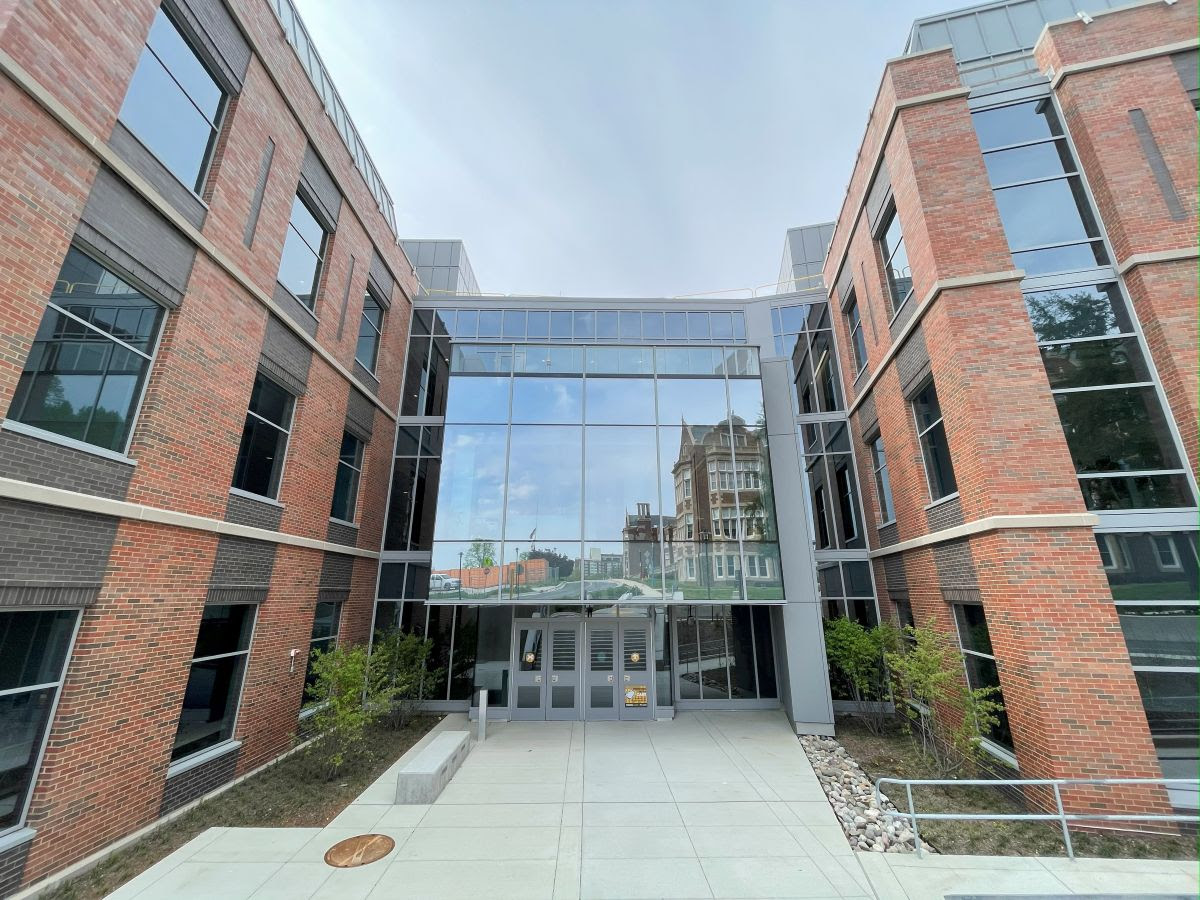
Chemistry department renames itself to include forensic sciences
By Kamaiyah Lineberger, Contributing Writer
Over the summer, Towson University’s Department of Chemistry officially changed its name to the Department of Chemistry and Forensic Science as more students enter the program.
Program director Mark Profili spearheaded the name change with help from Professor and Department Chair John Sivey and forensics Professor Kelly Elkins. They chose to change the name because of the growing number of forensic students at Towson and to commemorate the students’ good work.
Roughly 67% of the department are forensic chemistry majors, according to an email the department sent The Towerlight.
Profili is hopeful that the department’s name change will make prospective students more aware of the forensic program.
“It’s going to help with our advertising, I think, with our significance on campus, and also with our incoming students or potential students,” Profili said.
Most students that are in a program at Towson are represented by their respective department’s name, but this wasn’t the case for forensic science students.
“Now forensic students can be in the Department of Chemistry and Forensic Science,” Profili said. “So what we’ve really done is we’ve been able to maintain who we are, but now just be recognized for who and what we are.”
Another factor that inspired the department’s name change was the forensic science program’s national recognition from the Forensic Science Education Programs Accreditation Commission, known as FEPAC, that it received around ten years ago. FEPAC recognizes and distinguishes high quality undergraduate and graduate forensic science programs.
“Towson is one of just a handful of universities in the United States that have both a bachelor’s degree and a master’s degree accredited by FEPAC,” Sivey said.
According to Profili, the accreditation is one of the main things that attracts students to Towson’s forensic science master’s program.
Senior forensic chemistry student Dayannara Alvarado said her favorite thing about the forensic chemistry program is that she feels significantly more prepared than students from other universities at her grade level.
“Especially when I had this graduate class, I find that the students who came from other places besides Towson, they don’t know as much as we already do as undergrads,” Alvarado said.
One of the things that drew Sivey to teach at Towson was their science facilities, equipment and research opportunities offered to students early in their careers.
“Our level of facilities is much more on par with what you would expect at a university that offered a doctoral degree in chemistry or forensic science compared to just a bachelor’s or master’s degree,” Sivey said.
Due to technical difficulties with The Towerlight’s website, this article was originally published in the Towerlight Today e-newsletter on Oct. 2, 2025. The article was posted to The Towerlight’s website on Oct. 5, 2025.
